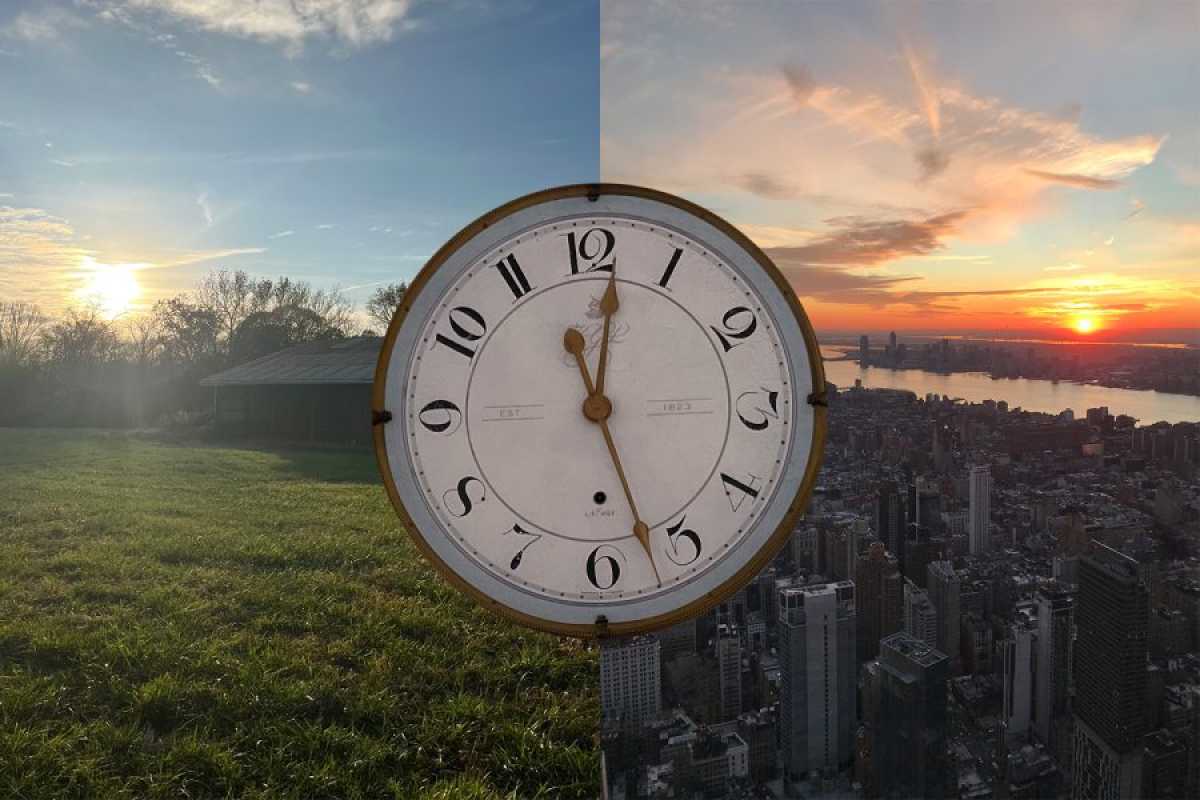Politics
Arkansas Grapples with Daylight Saving Time Dilemma

FAYETTEVILLE, Ark. – The looming transition to daylight saving time in Arkansas has rekindled the age-old debate on its feasibility and impact. With clocks about to spring forward, the state finds itself at a crossroads, torn between the allure of extended daylight in the evenings and the practicality of maintaining standard time.
Representative Sarah Capp of Ozark initiated a legislative move in 2019 that sought to adopt year-round standard time, shunning the biannual clock adjustments. However, the bill was retracted shortly after its filing, capturing the uncertainty surrounding the issue.
In a contrasting proposal by Representative Johnny Rye from Trumann in 2020, the concept of year-round daylight saving time was on the table, pushing for a shift in time practice. Despite gaining traction in the House and passing with a considerable majority vote, the bill met an impasse in the committee stage in October of the same year.
Similar efforts were made by legislators like Stephen Meeks from Greenbrier and R. Scott Richardson from Bentonville, advocating for either the abandonment or continuation of daylight saving time. Vanderbilt University‘s Sleep Division Director voiced support for permanent standard time, emphasizing the importance of morning light for overall health and sleep quality.
Public opinion on the matter remains divided, with surveys showcasing a significant preference for daylight saving time, albeit without a clear majority. While some emphasize the positive psychological effects and energy conservation linked to extended daylight, others highlight the disruption in sleep patterns and productivity drawbacks.
Regardless of the stance adopted, the discourse surrounding daylight saving time persists, underscoring the delicate balance between tradition and adaptability in Arkansas’ timekeeping practices.












